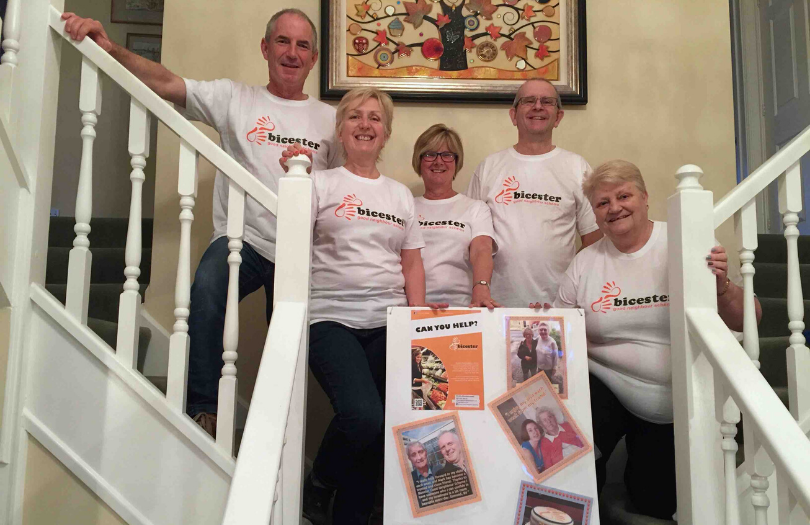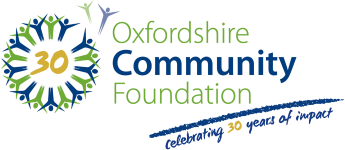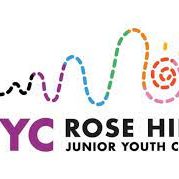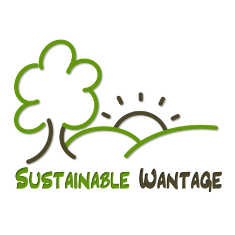
 Bicester Good Neighbour Scheme befriends old and very vulnerable people in Bicester and the surrounding area. With 80 clients and 65 volunteers, the group understands the importance of social contact and practical support for people who feel particularly isolated by frailty or disability.
Bicester Good Neighbour Scheme befriends old and very vulnerable people in Bicester and the surrounding area. With 80 clients and 65 volunteers, the group understands the importance of social contact and practical support for people who feel particularly isolated by frailty or disability.
The scheme matches volunteers with an hour or so to spare each week with local older people who would like a visitor or someone to help with errands or odd jobs around the home. A paid coordinator is tasked with matching clients to volunteer visitors; coordinating all DBS checks; making initial visits to clients in their homes, assessing their needs and any special requirements; and liaising with existing clients and volunteers to ensure that the service continues to run smoothly and efficiently.
During the COVID-19 crisis, the scheme has had to adapt quickly to social distancing requirements. The volunteers are continuing to support all 80 clients, replacing visits with phone calls and increasingly, introducing older people to the benefits of video conferencing technology.
Volunteers feed back to the coordinator with any issues and alert the scheme if alternative or additional support is needed. In this way BGNS has become a focal point for information and advice for isolated people, their families who live at distance or who are unable to offer their support, and for professionals. The co-ordinator has had to double her working hours to cope with the increased demand, and the group’s committee was determined to help her do whatever it took to provide this support.
BGNS Trustee David Thompson comments: “After this crisis there will be many elderly people needing support, who have never needed it before. To give you a concrete example, a lovely independent elderly lady lives very near me. Due to the current situation she has had numerous panic attacks, and is very anxious. She will be one of many with their life changed, frightened, anxious and confused. We want to be able to help people like her, and there will be many.
“Luckily, I think there will also be many more people willing to volunteer and help. We want to be able to provide the organised framework for them to be able to do so. This will require much more administrative input and coordination. In this way we will be able to meet the client and volunteer needs in a structured, managed, and safe environment, which we as a society will need to return to when the dust starts to settle.”
The committee is determined to plan now for the time after the initial crisis, when the local volunteer groups, which are doing a fantastic job, wind down and many, many more vulnerable people will be requiring support. However, having to close down all social activity has meant that the group will have a fundraising shortfall, having cancelled two events during the lockdown period.
A grant from OCF’s Community Resilience Fund has allowed them to continue to meet current needs, plan for the future, and cover costs in the coming year, without the anxiety of wondering if their financial foundations will withstand the storm.
David Thompson has found himself inspired by the crisis situation, and the increased willingness of BGNS’s clients to embrace technology to keep up face-to-face contact. “I feel that if we could get tablets into people’s houses, and leverage the goodwill that we’ve got with neighbours at the moment in order to piggyback off their internet connections, we can initially just engage people in conversation.” David has tried this out with one of the clients he befriends, instructing her on iPad use at a distance using a bamboo stick! This has helped the client to also keep in touch with relatives living abroad. “The initial results are really quite amazing,” he says. “The smile on her face even just speaking to me in the morning – she just sort of lit up.”
Once clients are open to the idea of technology, there are all sorts of things volunteers could do to build relationships using online tools. For example, a client and volunteer could do a virtual tour of a museum together, or take part in an online exercise class.
This funding has shown once again the opportunities that arise in a crisis. Groups like BGNS are not just concentrating on their immediate response, but looking to long-term improvements to the ways they might deliver their services. David says: “We’re not looking only three months into the future; we’re looking really to build something that allows us to look after people better. Everyone ought to leverage this climate where people want to help – now is the time to get them on board. This, I hope, will be our legacy.”












